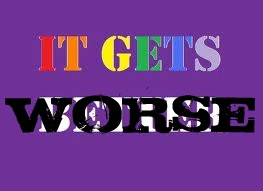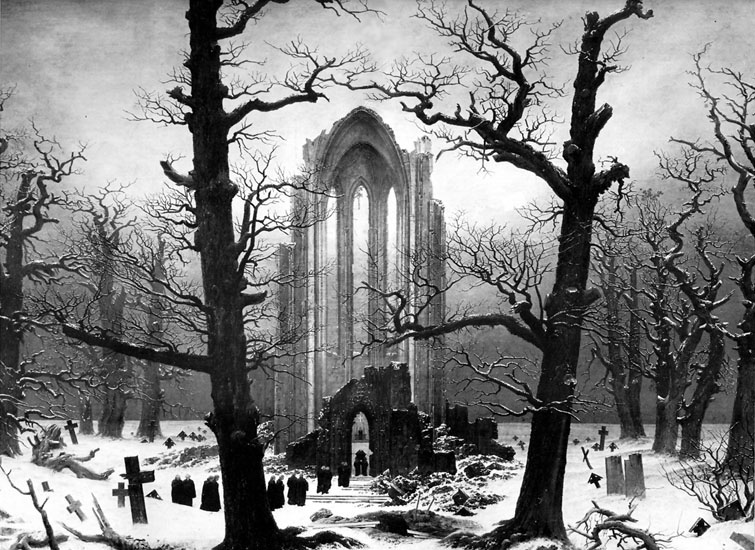Some Similarities Between Osama bin Laden and Arthur Rimbaud
There is a boy who has captured a considerable amount of my heed lately, and that boy is called Osama bin Laden (or, if you’re in the CIA, UBL). Obviously, I, along with the rest of the world, was aware of this boy for quite a while. But it wasn’t until one of the most disgusting days in recent history (that is, the day when the Supreme Court repealed formidable features of DOMA) that I began to discern the details of his origins; for, on that disgusting day, girl-boy Judith Butler told me that Osama, by residing in the Middle East, was surrounded by ungreivable lives — lives that could be erased and encroached upon without any kind of fuss because they already “inhabit a lost and destroyed zone.”
The devil-may-care attitude affixed to Osama’s homeland and peoples made him murderously upset. After some further investigation, I found that Osama’s consternation correlated to that of Arthur Rimbaud’s. In the late 19th century, Arthur declared war on the Western world with his poem “What Do We Care, My Heart.” He wanted America to “vanish!” He screamed: “Power, Justice, History, fall!” A century later, Osama, too, declared war against the advance, civilized nations, telling them (though, really, just America): “You are not unaware of the injustice, repression, and aggression that have befallen Muslims through the alliance of Jews, Christians, and their agents, so much so that Muslims blood has become the cheapest blood and their money and wealth are plundered by enemies.”
Uh-huh, both of these boys have bellicose bones to pick with, what Judith Butler describes as, secular modern states. The traits these countries confer upon their subjects — ones that make their lives grievable — violently appall Arthur and Osama, as Arthur and Osama exhibit an affinity for behaviors that don’t comply with those of normative Western humans. What follows are a few of the ways in which both Arthur and Osama contrast with humans from democratic, Capitalistic societies.
READ MORE >
A Lot — Basically All — Gay People are Normal and Don’t Deserve Any Special Attention Whatsoever
 Queer Eye for the Straight Guy and Newlyweds were kind of popular shows on the telly when I came to the conclusion that if I were to ever do that disgusting activity that you should probably never do it would be with a boy.
Queer Eye for the Straight Guy and Newlyweds were kind of popular shows on the telly when I came to the conclusion that if I were to ever do that disgusting activity that you should probably never do it would be with a boy.
Sometimes, while flipping through the trillions of telly channels, I would stop on Queer Eye. The snippets that I saw of the “queer eyes” turned and twisted my tummy terribly. They had lots of product in their hair, wore insufferably strange trousers, and, just in general, looked as if they had spent the last gazillion hours scrubbing themselves in a shower stall. All these boys seemed to care about was their bodies. They didn’t watch PG movies or collect teddy bears or commit French poetry to memory. Their primary concern was the appearance of their flesh as well as the flesh of the straight guys that they were making over.
Straight people are just as corporeal as gays. Nick Lachey is a straight boy. He sort of has massive muscles and wears product in his hair. Whenever I saw Nick on the Newlyweds, I said to myself, “I do not want to be like this boy. I want to be like Jessica!” Jessica was quirky and inquisitive. She was thoughtful about that which she interacted with. She asked questions, like why a tuna fish company would name themselves Chicken of the Sea. Nick seemed unable and unwilling to string sentences together. But Jessica was a cute chatterbox, like Anne Frank when she was in school.


